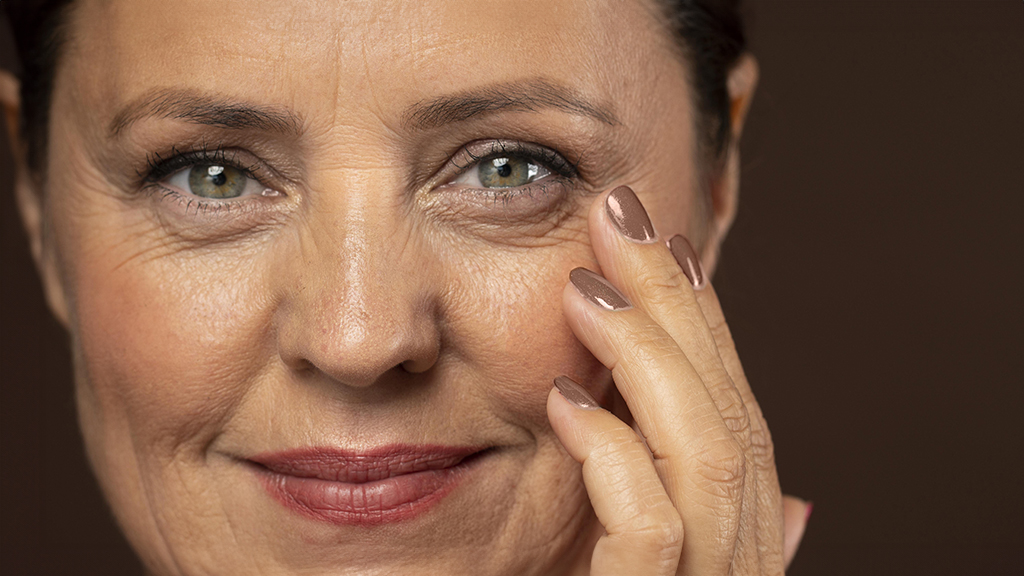Facelift
Facelift, also known as rhytidectomy, is a procedure designed to correct the loose sagging skin and deepening folds in the cheek, jowl, and neck areas that occur with aging. As we age, the skin and underlying tissues loose elasticity. Sun exposure can hasten this process and further contributes to an aged appearance by diminishing the overall quality of the skin.
The majority of patients who request facial surgery will have been thinking about this path for a considerable amount of time. They will have concerns about their appearance, and understand better than anybody else just how important the results of any surgery will be.
For this reason, we spend considerable time with our patients, so as to:
- Determine exactly what they desire as a result of surgery
- Establish that what actually concerns the patient is in fact the real problem
- Establish whether or not other possible treatments might be more appropriate or beneficial
- Produce a completely individual and personalized plan of treatment for each patient
In facial surgery our surgeons utilize the very latest surgical techniques. At your initial consultation these will be discussed with you and the most suitable option will be tailored to your specific needs.
Who is suitable for a facelift surgery?
The best candidates for facelift surgery are normally considered to be those whose skin quality is still relatively good. Patients are typically aged between 40 and 70 years old, although older patients can also benefit.
What to consider at this stage
Before you see the surgeon, it is important to consider exactly what you are trying to achieve from your surgery.
If you intend losing weight at some time in the future, it is best to do so before your facelift operation.
Those who smoke are advised to stop smoking at least two weeks before their surgery. Because smoking reduces the blood supply to the thin skin flaps created by the surgeon, stopping smoking at this time will assist healing and reduce the risk of infection.
How is Facelift surgery performed?
- It is possible for the operation to be performed under a local anaesthetic with sedation. However, the majority of patients and surgeons prefer the use of general anaesthetic.
- Incisions are made above the line of the hair above the temples, then follow the natural line in front of the ear, continuing around the ear lobe and up into the crease behind the ear, then onto the lower scalp.
- Either only the skin is tightened, or both the skin and underlying muscles (known as a SMAS Facelift).
- At the same time, additional procedures may also be performed, such as:
- The operation can take three or more hours, particularly if additional procedures are performed
- Most patients stay in hospital for either one or two nights
- If your work is not physical, you can anticipate returning to work within 2 weeks
- You can expect to return to normal physical exercise within 2 to 4 weeks
After the operation
As is typical with all surgery, you can expect to feel bruised and sore. Most surgeons apply a bandage to the face for two days to reduce swelling. Sutures are removed after one week. You may also be asked to keep your head elevated for a few days to help reduce the swelling. Your face will initially feel puffy and a little stiff.
Risks & Complications
Cosmetic surgery is amongst the safest of medical procedures. However, patients must understand and accept that no surgical procedure is totally without risk. For further information concerning the risks and complications associated with Facelift, please refer to Risks and Complications of Facelift.
At your Consultation, Your surgeon will discuss the risks with you.
How long will the results of your facelift surgery last?
A facelift will turn the clock back, but it is unable to make time stand still. You will always look younger than you otherwise would without having had the surgery, but your face will continue to age over the years.
There are many non-surgical procedures which will help to prolong the result of a facelift. For further information please visit the Non-Surgical section of our website.
For details about procedures and treatments or for a consultation, advice and prices from our Dubai clinic please call +971 4 431 2396 or use our online form.



